Hollywood has convinced us that love is unconditional and that it is the path to happiness. Not to say it is untrue, but the way that it is portrayed is unidimensional. Most often, the idea sold is that “love at first sight” is the most special kind of love. This is more or less the definition of lust. These movies show you “love" until the credits roll, but no one knows what happens after. This is probably because love does not have one definition and one function. Love is not just a feeling about it “being right.” It is based on more than just a superficial attraction of two beautiful people in the movies. I aim to analyze Plato’s Symposium and break down our reasons of falling in love and distortions that we often don’t catch on to.
According to Plato's Symposium, love is divided into 7 parts -
-
Affection
-
Friendship
-
Lust
-
Unconditional, divine love
-
Flirting
-
Committed/married love
-
Self love
The overarching theme of the Symposium
-
Subtle interplay between philosophical ideas & narrative
-
Clear literacy + Philosophical unity
-
Dramatic representation of characters to reinforce intellectual arguments
-
Asymmetrical Relationships
-
Failure to romanticize male-female relationships
The text is super long and dense. Most adults don't even want to read it. So then I thought "Why bother with targeting adults?"
I believe that changing the way an adult thinks changes one mind. But if you change the way a child thinks, you can change a generation.
Experiment 1 - A Children's Book
Volume 1. Affection
Volume 2. Friendship
Volume 3. Lust
Volume 4. Unconditional, divine love
Volume 5. Flirting
Volume 6. Committed, married love
Volume 7. Self love
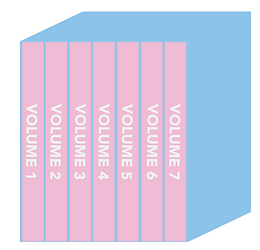
Volume 1
This volume is based on the theme of affection. The story revolves around a mama cat and her kitten. It is about how the kitten falls off the bed when mama cat's away and for the firs time, climbs back up using the "tokens of affection."
Inspiration - Phaedrus’ Speech
-
His speech focuses on the themes of genealogy and achievements or benefits of love.
-
“It’s only lovers (erontes) who are willing to die for someone else.”
-
All his main examples revolve around “loved ones” rather than “lovers.”
-
Consist of rhetorical effects and “lateral thinking” rather than strict logic.
-
Loved ones become virtuous because of being loved.
How I crafted the story from ideas out of the Symposium -

Tokens of Affection

Food to keep kitten full
A blanket to keep kitten warm
A toy to keep kitten happy
Building a Graphic Identity
Plato's Theory of Forms
-
The Physical world is not the ‘real’ world
-
Ultimate reality exists beyond our physical world
-
Happiness and virtue can be attained through knowledge
-
There are no perfect forms
Process Questions
-
What does it mean to re-draw something?
-
What is the meaning of re-illustration?
-
How would you directly re-draw?
-
What is the difference between drawing and re-drawing?
-
How to convey the weight of the concept with lines?
The Process
Observations
1.

Here, I tried to literally re-draw the direct text from Plato’s Symposium. I drew an outline of the book on the page and then tried to write within it.
2.

Then, I went about how I could use the book as a canvas to re-draw the words directly from it.
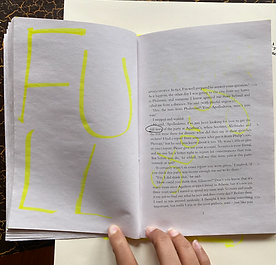

3.

My final process was to use the text I highlighted from each chapter and re-draw it in the form of lines to represent the important bits.

-
The highlighter page outlines became the main illustration.
-
There were lines that exceeded the set borders.
-
There was a play with opacity - what’s clear / what’s not.
-
No perfect lines were made.
-
A continuous presence of the highlighter in different forms.
Graphic Elements

Imperfect Illustrations
The use of pink for ‘Affection’
A recurring pink screen behind the illustrations to show the continuous presence of affection + The blue dots to show the diffusion of the main scene into the concept of affection in a fun way.
Experiment 2 - GIFs
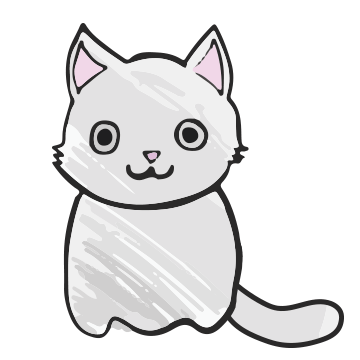
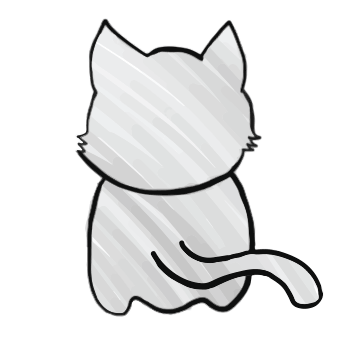
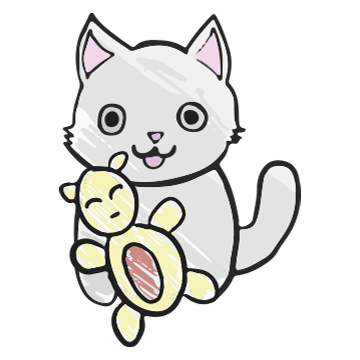

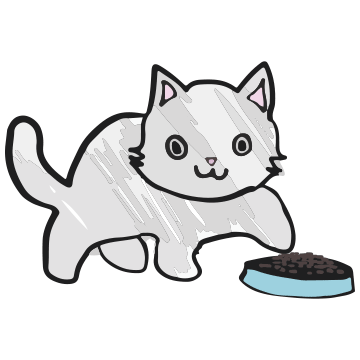
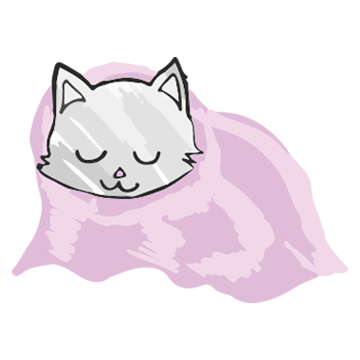
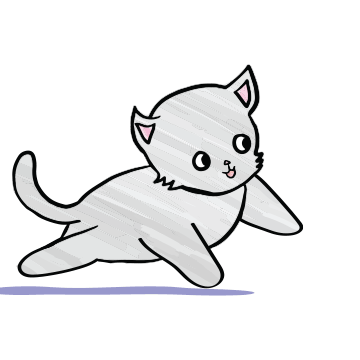
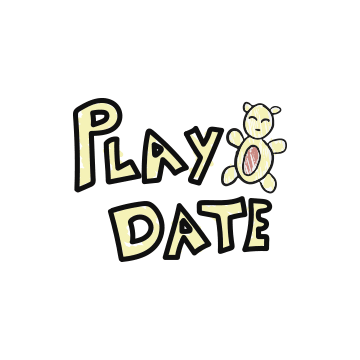
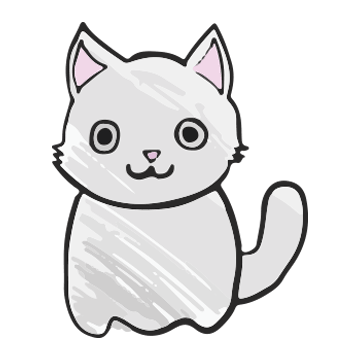



Next Steps (2021)
Character Design
-
Does the book need animals?
-
What if the characters were different lines or shapes?
-
Can they take on more abstract forms?
Colors + Graphics
-
Instead of boxes, why not use one color for the illustrations?
-
Maybe just use the designated colors (and shades) for each of the chapters?
-
What if the colors started with the main chapter color and then eventually took the colors of all other chapters to show that they’re the same.












